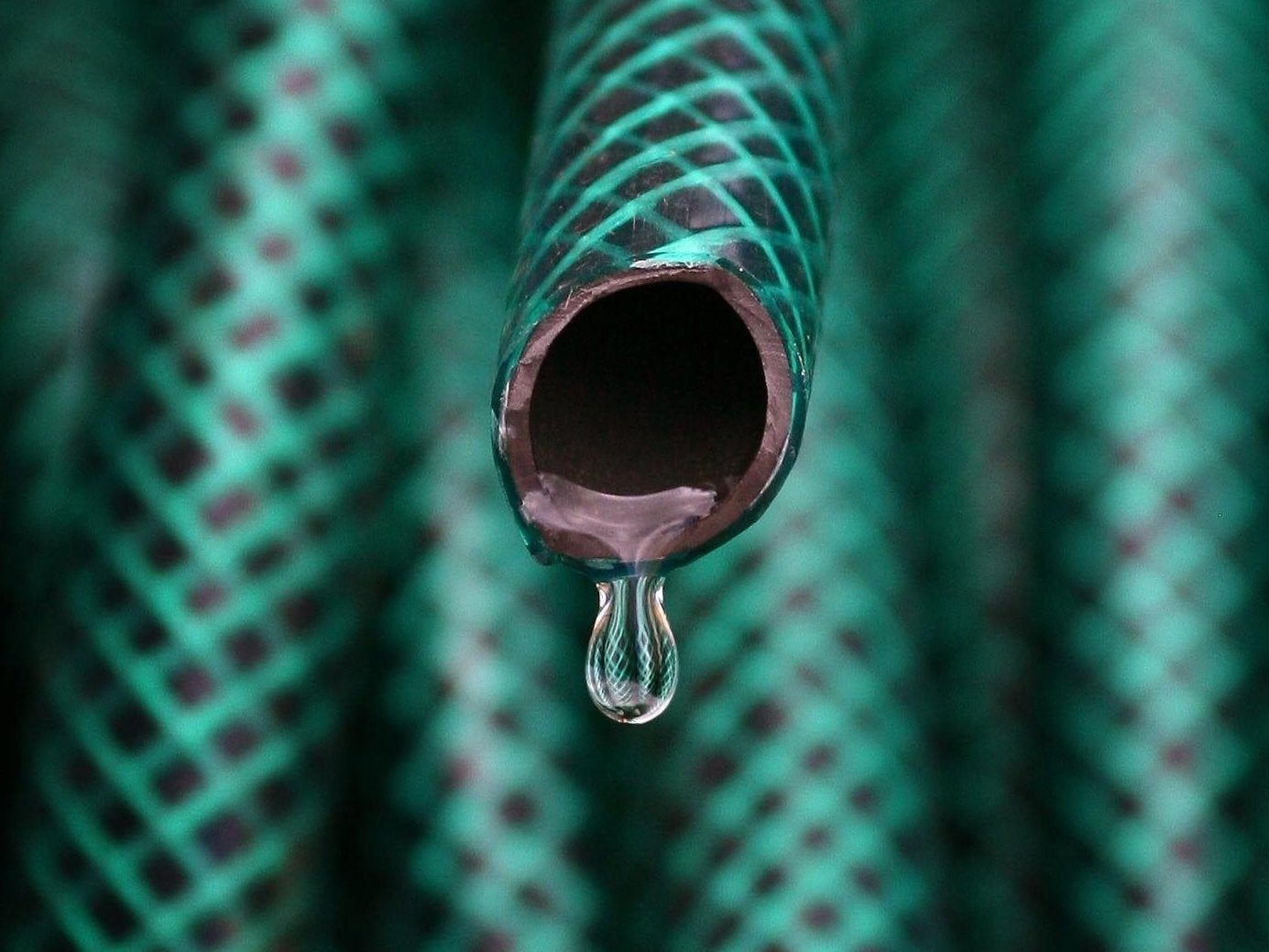Hosepipe ban: What is it, is there one currently and what does it actually mean?
Every gardener’s worst fear could be about to come true

As the UK swelters under a summer heatwave, the nation’s gardeners are sweating more than most.
Lawns across the country are as parched and arid as the Serengeti, roses are wilting and allotment lettuces crying out for rain.
To make matters worse, Britain’s water companies have now declared the year’s first hosepipe ban, rendering it illegal for householders to water the grass in order to prevent vital reserves from drying up in the drought.
Where is it?
The first ban of 2018 has been activated in Northern Ireland, coming into effect at 6pm on Friday 29 June and permitting residents to use the taps solely for drinking, cooking and washing.
So far this is the only one in play, although others could follow.
Southern Water has asked its customers to conserve water, spending no more than four minutes in the shower and turning off the tap while brushing their teeth during the hot weather so as to reduce demand.
Severn Trent Water and United Utilities, in the Midlands and north west respectively, have also asked people not to use hosepipes and sprinklers, but have yet to order an outright ban.
What is a hosepipe ban?
Under the Flood and Water Management Act of 2010, utilities providers have the power to impose temporary restrictions on domestic water use in times of “serious shortage”.
This means gardeners cannot use a hosepipe to replenish the plants or clean their cars, although they can do so with the aid of a watering can filled from the tap.
The water companies are also empowered to ban the filling of swimming pools, ponds or fountains from the mains if they see fit – and are also free to set time parameters controlling usage.
Anyone found guilty of breaking a ban can be prosecuted in a criminal court and fined up to £1,000.
In return for compliance with the ban, providers are expected to reduce the following year’s bills to a “reasonable” extent.
Join our commenting forum
Join thought-provoking conversations, follow other Independent readers and see their replies
Comments
Bookmark popover
Removed from bookmarks